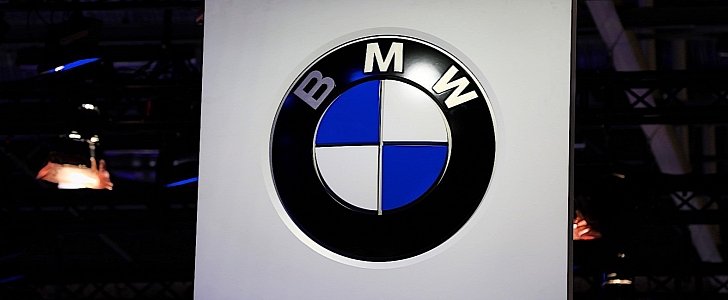What started as a relatively minor incident in Asia is growing into one of the biggest safety recalls ever conducted by German manufacturer BMW.
Back in August, BMW said it is recalling around 100,000 cars in South Korea on fears the vehicles can catch fire. That number grew the same month with the addition of 300,000 cars possibly affected in Europe.
Now, due to further examination of engines with a similar technical setup, BMW says it will recall around 1.6 million vehicles worldwide.
The problem which led to this massive recall was first discovered in 2016. It has to do with the exhaust gas recirculation module (EGR) and a malfunction which, in certain conditions, may cause engine fires.
The issue is that small quantities of the glycol coolant can escape and build up in the EGR module. The coolant can get mixed with carbon and oil sediments, becoming combustible. Combined with the high temperatures in the module, these deposits can ignite, melting the intake manifold and resulting in an open flame fire.
The Germans stress the fact that there are no reasons to believe the cars added on Monday to the recall pose significant risk to our customers, and are doing this as a precaution.
“These individual cases posed no significant risk to our customers,” says the carmaker in a statement.
“Nonetheless the BMW Group decided to further reduce even this minor risk by expanding the country-specific technical campaigns. It is the goal of BMW Group to support the trust and confidence of our customers in our products.”
The carmaker did not detail what models are involved in the expanded recall. Initially, BMW announced all the models affected by the problem are equipped with four-cylinder diesel engines assembled from April 2015 until September 2016 and with 6-cylinder diesel engines produced from July 2012 until June 2015.
The 1.6 million vehicles currently affected were built between August 2010 and August 2017.
Now, due to further examination of engines with a similar technical setup, BMW says it will recall around 1.6 million vehicles worldwide.
The problem which led to this massive recall was first discovered in 2016. It has to do with the exhaust gas recirculation module (EGR) and a malfunction which, in certain conditions, may cause engine fires.
The issue is that small quantities of the glycol coolant can escape and build up in the EGR module. The coolant can get mixed with carbon and oil sediments, becoming combustible. Combined with the high temperatures in the module, these deposits can ignite, melting the intake manifold and resulting in an open flame fire.
The Germans stress the fact that there are no reasons to believe the cars added on Monday to the recall pose significant risk to our customers, and are doing this as a precaution.
“These individual cases posed no significant risk to our customers,” says the carmaker in a statement.
“Nonetheless the BMW Group decided to further reduce even this minor risk by expanding the country-specific technical campaigns. It is the goal of BMW Group to support the trust and confidence of our customers in our products.”
The carmaker did not detail what models are involved in the expanded recall. Initially, BMW announced all the models affected by the problem are equipped with four-cylinder diesel engines assembled from April 2015 until September 2016 and with 6-cylinder diesel engines produced from July 2012 until June 2015.
The 1.6 million vehicles currently affected were built between August 2010 and August 2017.






